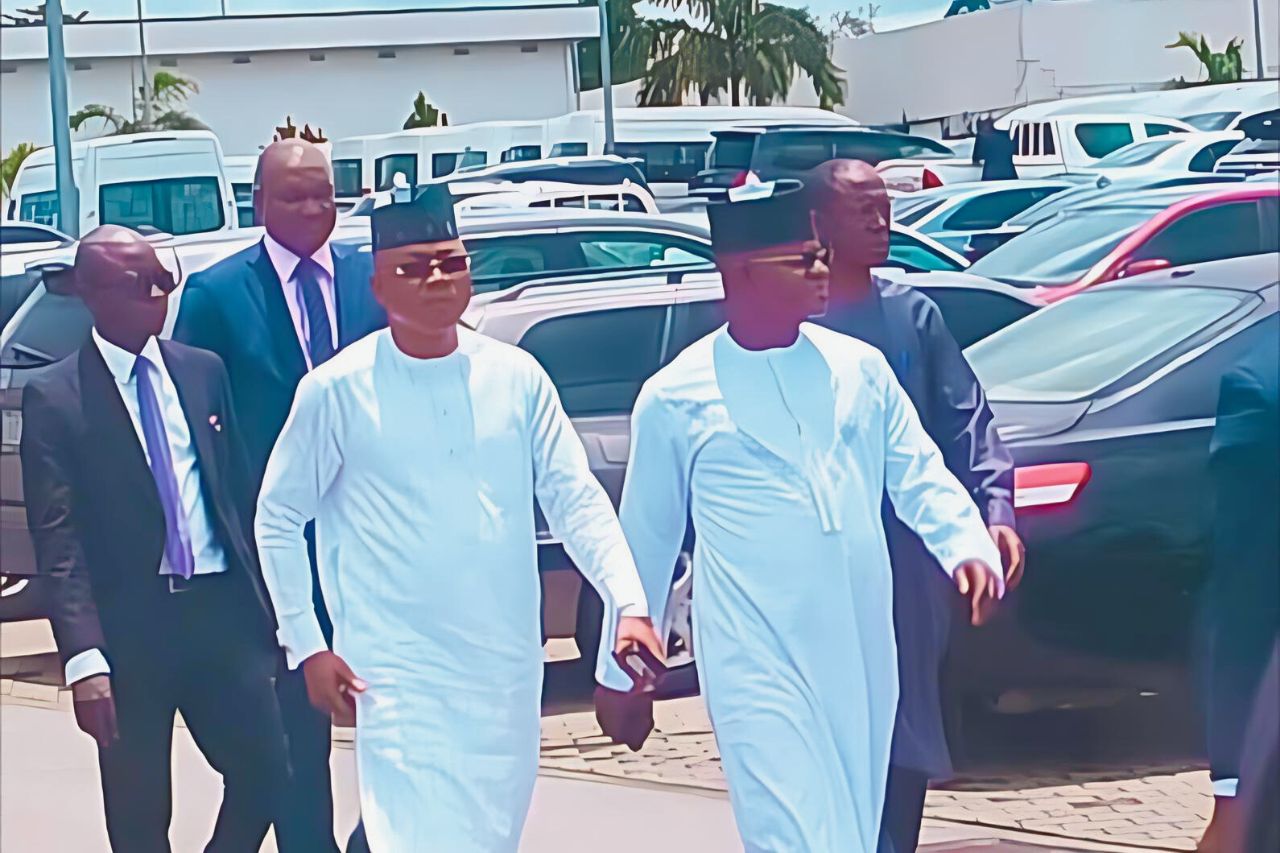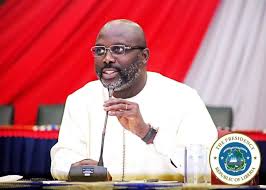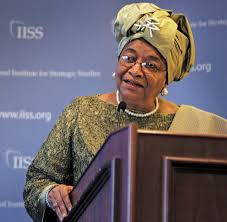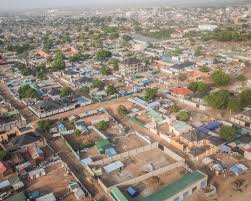EFCC Rejects Yahaya Bello’s Grand Entry to the Commission
The Nigeria Economic and Financial Crimes Commission (EFCC) recently refused to attend to Yahaya Bello, the former governor of Kogi State, citing violations of protocol in how he presented himself at the commission’s headquarters in Abuja. Bello, who had been summoned for questioning, arrived in a convoy accompanied by the sitting governor of Kogi State and several dignitaries—a move that the EFCC deemed inappropriate.
According to a high-ranking official within the EFCC, the Executive Chairman of the commission was immediately displeased with the manner of Bello’s arrival. “Upon realizing that Bello came with the governor and some dignitaries, the Executive Chairman directed that no official should attend to him,” the source revealed. “His manner of coming to the EFCC was a breach of our protocol. No Nigerian, no matter how highly placed, is expected to come for an invitation in a convoy of vehicles and with a sitting governor.”
The EFCC’s frustration stemmed not just from the manner of Bello’s arrival but also from the fact that he had circumvented established procedures. Typically, those summoned by the commission must undergo a series of documentation processes before their cases are reviewed. However, Bello, with his entourage of influential figures, skipped these steps. “There are stages of documentation which Bello skipped because he was with the governor who has immunity,” the source explained.
Adding to the commission’s concerns was the governor’s presence. The EFCC had not extended an invitation to the sitting governor, making his appearance at the commission’s offices inappropriate. “The EFCC also did not invite the governor. So, what was the basis for accompanying Bello to our headquarters in Abuja?” the source questioned.
In this case, the EFCC also signaled its discomfort with the role the governor seemed to be playing in what should have been a straightforward legal matter. “We have not been comfortable with the roles of the governor in this case,” the source added, hinting at possible interference or attempts to influence the process.
The EFCC was clear in its expectation that Bello, like any other Nigerian, should follow due process. In cases of this nature, individuals under investigation are expected to appear with their legal representatives, not with politicians or politically exposed persons (PEPs). “After fulfilling all procedures of documentation, Bello was expected to come with his lawyer(s) and not a governor or Politically Exposed Persons (PEPs),” the official stated, reaffirming the commission’s commitment to impartiality and transparency.
The commission also addressed what it called “pre-emptive propaganda” emanating from Bello’s camp. Prior to his arrival at the EFCC’s offices, media reports suggested that the former governor was already in EFCC custody. This, according to the EFCC, created a false narrative and stoked unnecessary public speculation. “The commission was unhappy with the pre-emptive propaganda in the media by Bello’s team which had created false impressions. There was a narration that the ex-governor was already in EFCC’s custody,” the source noted.
Given the gravity of the situation and the public interest in the case, the EFCC’s Executive Chairman made the decision to halt proceedings until proper protocol was followed. “We cannot be intimidated or subject our system to political pollution,” the EFCC source emphasized, pointing to the commission’s resolve to uphold due process, irrespective of the political or social status of those involved.
In conclusion, the EFCC’s rejection of Bello’s grand entrance underscores the commission’s determination to enforce its rules without bowing to external pressures. By refusing to entertain breaches of protocol, the EFCC has sent a clear message: no individual, no matter how highly placed, will be allowed to circumvent the legal process.














Leave a comment